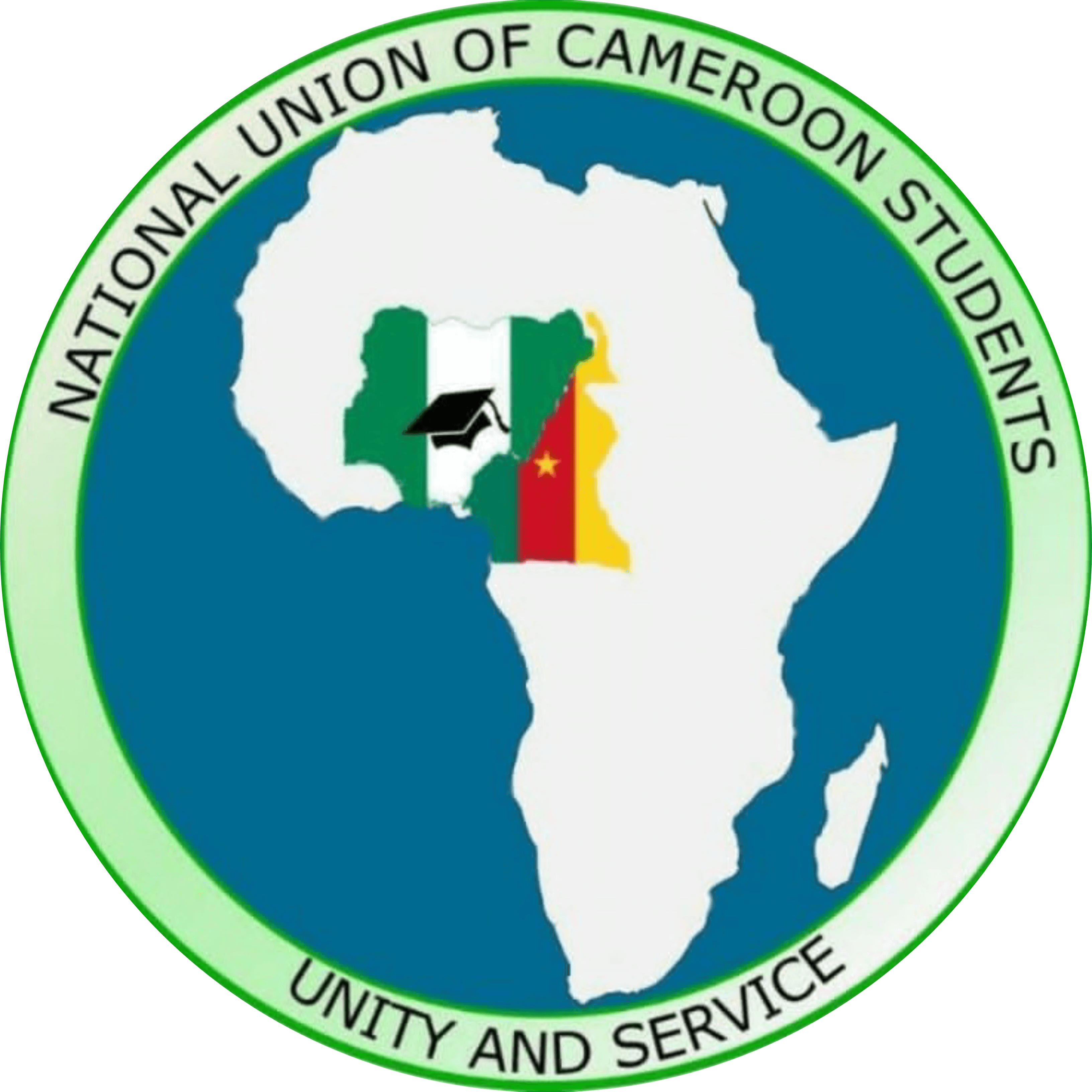As the number of Cameroonians migrating to Nigeria for higher education increases, understanding the admission process for Nigerian tertiary institutions becomes essential. Admission into these institutions is regulated by the Joint Admissions and Matriculation Board (JAMB), which oversees the Unified Tertiary Matriculation Examination (UTME) for prospective undergraduates.
1. Undergraduate Admission Process
Admission into undergraduate programs in Nigeria can be achieved through two primary routes:
-
UTME Admission: Entry into Level 1 via the Unified Tertiary Matriculation Examination (UTME).
-
Direct Entry Admission: Direct entry into Level 2 for candidates with advanced qualifications.
UTME Admission
The UTME is a computer-based, two-hour examination typically conducted in the first quarter of each year. The registration process is handled by JAMB and must be completed at accredited JAMB centers across Nigeria. The registration fee is approximately 10,000 Naira, though this is subject to change.
Eligibility Criteria for UTME Admission
To qualify for undergraduate admission through UTME, candidates must:
-
Attain the minimum cut-off mark set by JAMB and their preferred institution.
-
Possess an Ordinary Level result (WAEC, GCE, or NECO) with at least five credit passes, including English Language.
-
Provide a birth certificate.
-
Submit an attestation letter.
-
Present proof of nationality.
For more details on eligibility, visit the official JAMB website: JAMB 2024 UTME Guidelines.
Special Consideration for Cameroonian Applicants
Cameroonians applying with General Certificate of Education (GCE) O'Level results and who have taken the UTME may need to undergo an O'Level verification at the Federal Ministry of Higher Education to authenticate their academic credentials. Each state's Federal Ministry of Higher Education office provides further information on this process.
UTME results are typically released within one week of the examination.
UTME Registration Outside Nigeria
For candidates outside Nigeria, the UTME can be registered and taken in the following foreign cities:
-
Abidjan
-
Cotonou
-
Beau
-
Addis Ababa
-
Accra
-
Jeddah
-
Johannesburg
-
London
-
Berlin
Direct Entry Admission
Candidates opting for Direct Entry (DE) admission must meet the following requirements:
-
A minimum of five O'Level credit passes in no more than two sittings.
-
At least two prescribed subjects at the Principal or Advanced Level for the desired program.
-
Alternative acceptable qualifications such as:
-
University Degree
-
University Diploma
-
Higher National Diploma (HND)
-
Cambridge A-Level
-
Baccalaureate
-
National Registered Nurse/National Registered Midwife (NRN/NRM)
-
JAMB mandates institutions to verify the authenticity of qualifications before offering admission.
2. Postgraduate Admission
Postgraduate admissions in Nigeria are managed by individual universities offering such programs. Requirements and application procedures may vary by institution.
General Requirements for Postgraduate Admission
Applicants seeking postgraduate admission must typically provide:
-
A bachelor’s degree from a recognized institution.
-
Academic transcripts from previous studies.
-
O'Level results with at least five credit passes.
-
Reference letters from academic or professional referees.
-
A research proposal (for PhD or MPhil programs).
Application Process
Candidates are advised to ensure their former universities forward their transcripts to the institutions they are applying to. Additionally, prospective postgraduate students should visit the official websites of their preferred universities for details on application requirements, deadlines, and tuition costs.
Final Thoughts
Understanding the admission process for Nigerian tertiary institutions is crucial for prospective students, especially international applicants like Cameroonians. Whether applying for undergraduate or postgraduate programs, it is essential to meet eligibility criteria, submit accurate documentation, and follow up on application procedures for a seamless admission process.
By: Sounjoh Mercy Lum
Edited by: Anchang Mumukom Maximus And Abibang Brandon Awan
Published by: Abibang Brandon Awan, Webmaster

